Crews flock to beach for 570-tonne cockle harvest
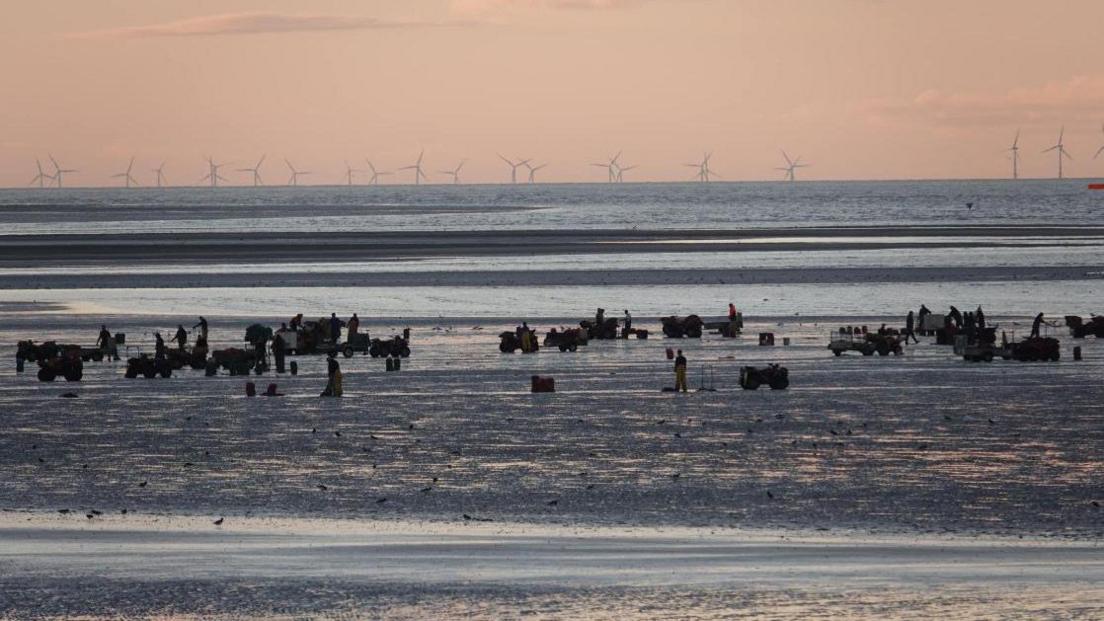
About 570 tonnes of cockles will be removed from Leasowe beach in the next week
- Published
More than 500 tonnes of cockles are set to be harvested from a Wirral beach.
Crews of up to 100 fishermen - many of them on quadbikes - have been working on the sands at Leasowe since the cockle beds were opened earlier this month.
It has taken four years for stocks to replenish, and the 570-tonne quota is expected to be reached within a week.
And while licensing chiefs have said the fishing is closely monitored and mindful of the environment, opponents described the practice as the "plunder" of a natural habitat.
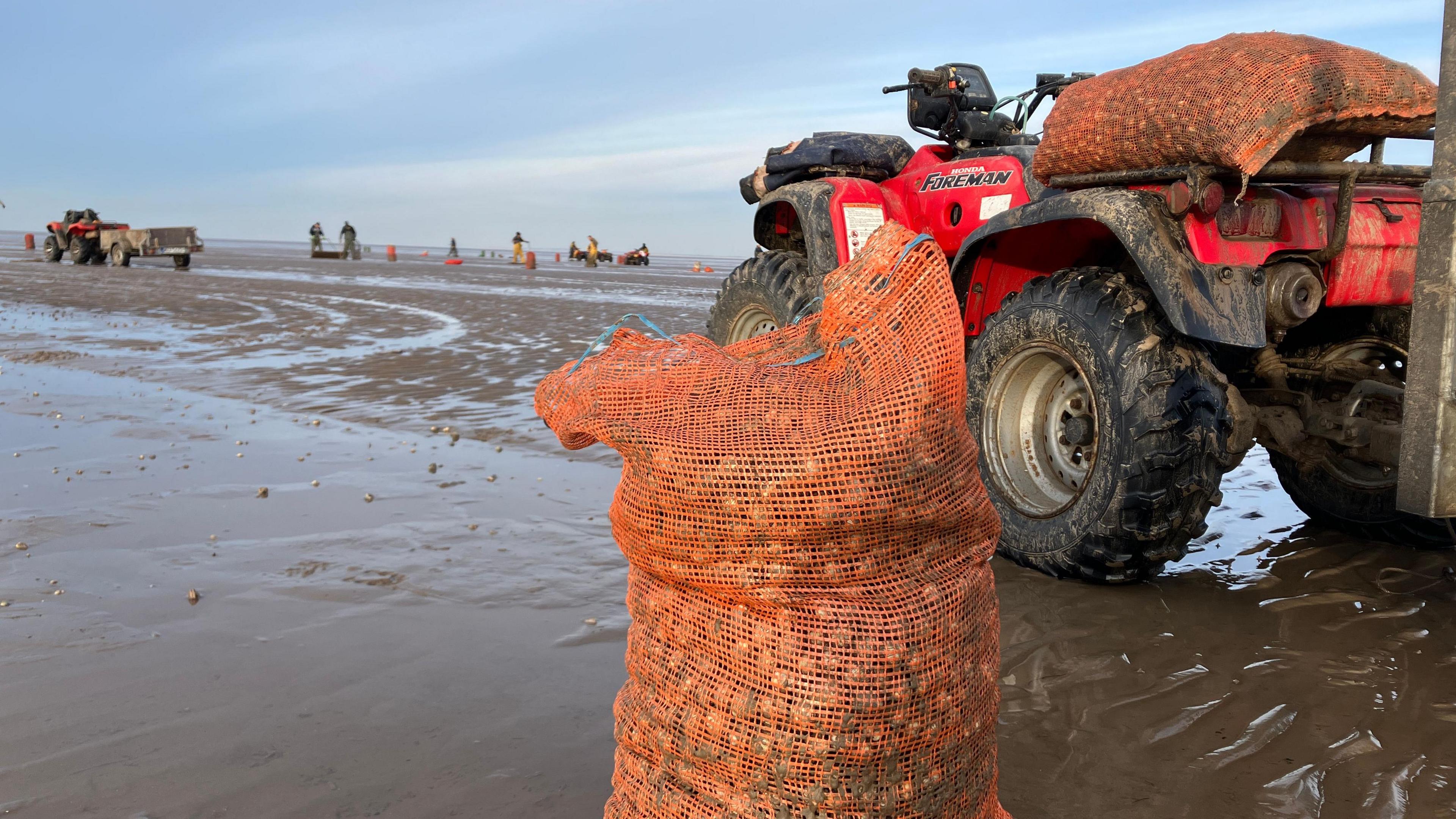
About 570 tonnes of cockles from Leasowe beach will be sold to caterers, particularly in Spain
Mark Taylor, from North Western Inshore Fisheries and Conservation Authority (NWIFCA), said: "The fishermen know that they do have to respect the areas that they’re working in - they are permitted through us and we do reserve the right to take permits from them."
He added that they were working with Merseyside Police and Wirral Council to "make sure that there is no public nuisance or public order issues".
Mr Taylor said that once the quota is reached, "the fishery will close and the fishermen will disband and move to other areas".
He added that all the workers were licensed and given permits that were checked daily.
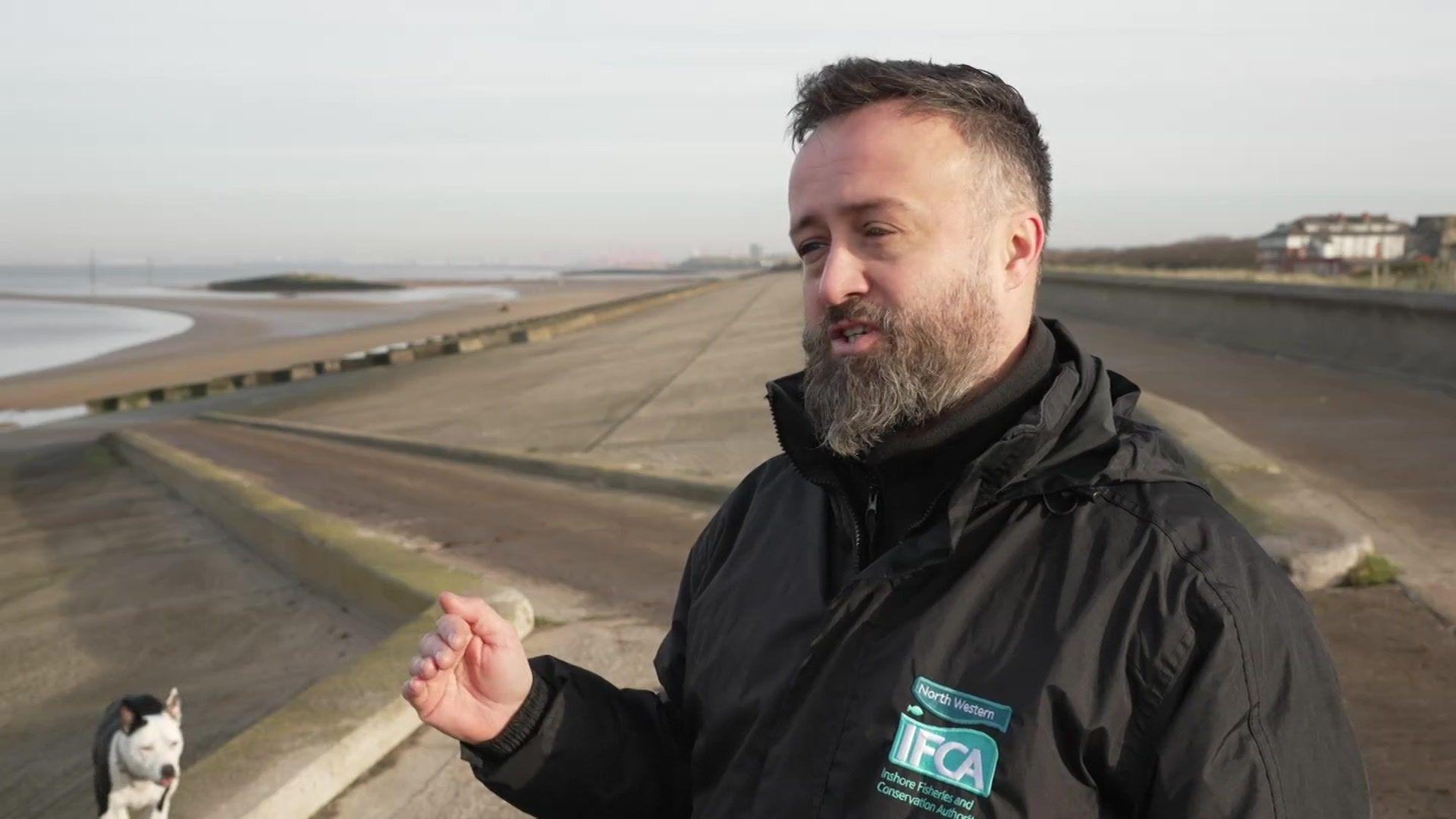
Mark Taylor from the NWIFA said all permits were checked daily
The NWIFCA conducts annual surveys of the cockle beds in the region and recently decided there were sufficient cockles for the Leasowe fishery to be opened.
Self-employed cockle fisher Shane Evans said there had to be "sustainable" levels before they were permitted to fish for the cockles, which are often sold to Spain where the delicacy is popular.
"We try our best to make sure that we leave the place as we found it and be respectful to the local people when we're parking.
"There are certain people who come from south Wales and from up north who come down and spend the money on staying away… so that is a small influx of money coming into the area for a short period of time."
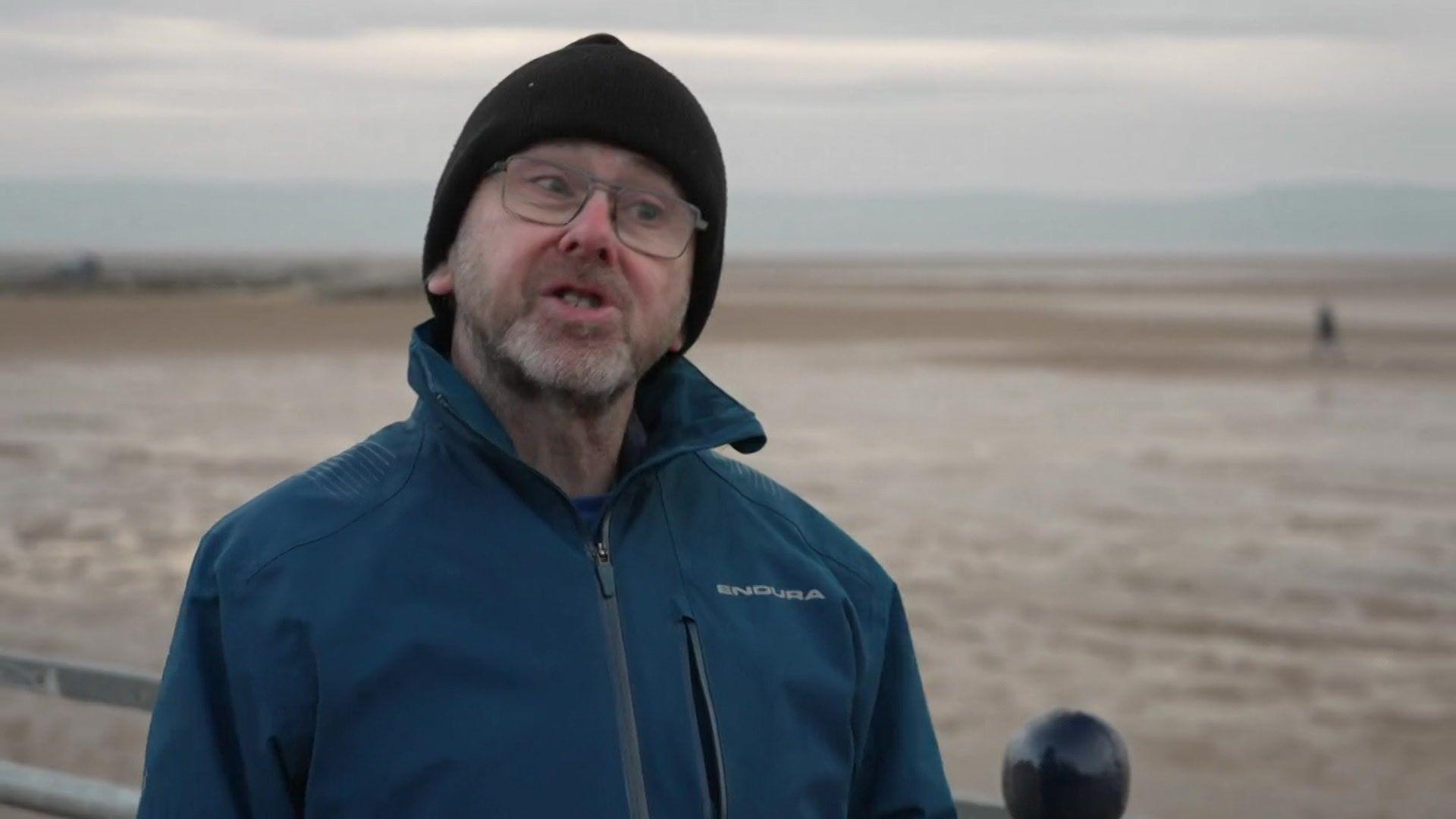
Pat Cleary described the cockle fishing as "plunder" of the environment
Pat Cleary, from Wirral Council's Green Party, said he was opposed to such "industrial" levels of activity on the beach.
He said: "These are really important feeding grounds for migratory birds.
"We are talking about internationally threatened species like the oystercatcher and the knot.
"The Dee estuary is home to 5% of the global population of oystercatchers. This is a threatened species, and we know that fishing of shellfish directly contributes to the decline of these species.
"So if we are serious about protecting nature, this kind of activity we cannot allow on an industrial scale."
Listen to the best of BBC Radio Merseyside on Sounds and follow BBC Merseyside on Facebook, external, X, external, and Instagram, external. You can also send story ideas to northwest.newsonline@bbc.co.uk, external
Related topics
Related stories
- Published31 October 2024
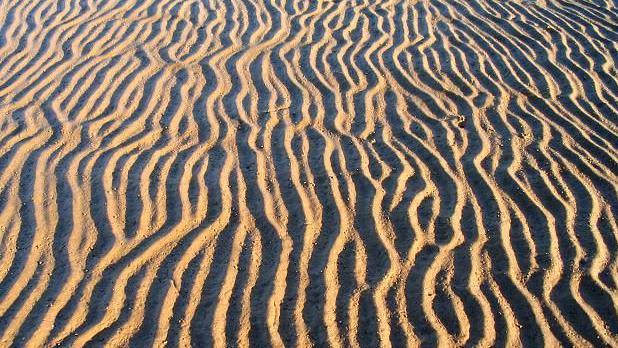
- Published18 October 2024
